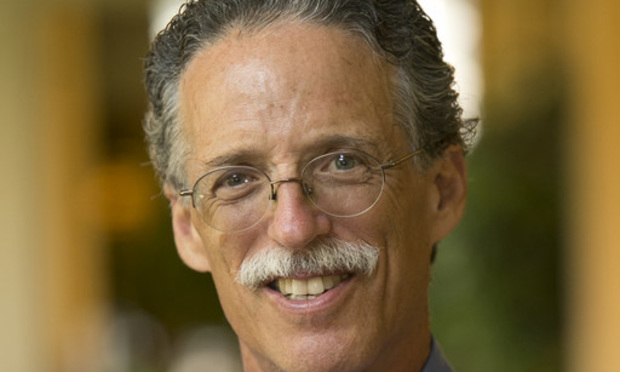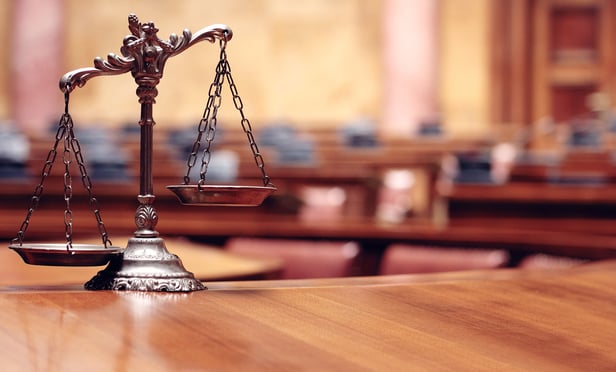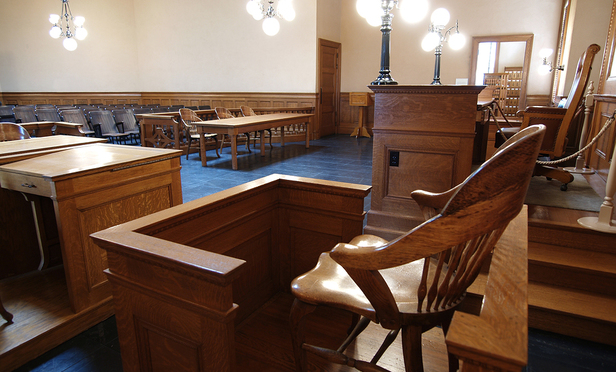Jules Epstein

March 15, 2019 | The Legal Intelligencer
Adultery and Truthfulness: Testing a Witness' Credibility in CourtIn a trial, or in a Congressional hearing, it is fair to test a witness' credibility. Congress has no rules of evidence—but those applied at trial are informative and help the discussion of whether Cohen's having girlfriends while married is fair game.
By Jules Epstein
4 minute read

November 08, 2018 | The Legal Intelligencer
A Hearsay Rules Revision That Could Use Some ClarificationJules EpsteinOn Oct. 25, the Pennsylvania Supreme Court adopted two amendments to the Pennsylvania Rules of Evidence—the definitions of "Present Sense Impressions" and "Excited Utterances" both had new language added. Each rule now concludes with the following statement:
By Jules Epstein
5 minute read

October 05, 2018 | The Legal Intelligencer
If the Kavanaugh Hearing Had Been Handled Like a TrialThe hearing showed a missed opportunity by Democrats to use the tools of trial advocacy to make points and influence those truly in need of convincing—the few senators whose votes were in play (and, to some extent, the many Americans still on the fence).
By Jules Epstein
5 minute read

June 19, 2017 | The Legal Intelligencer
Rule 404(b) and the Pa. Supreme Court's DiscontentNo area of law may be more vexing, and more subject to dispute, than the admission or exclusion of "other acts" evidence—often mis-labeled "prior bad acts" evidence—in criminal cases. Evidence of an "act" that only conveys the actor's character is inadmissible; but evidence with a non-character purpose may be admissible, subject to a balancing test.
By Jules Epstein
6 minute read

March 31, 2015 | The Legal Intelligencer
Handling Eyewitness Identification Experts and CasesOne year ago, the Pennsylvania Supreme Court issued a landmark ruling permitting trial judges, in appropriate cases, to have experts in memory, vision and perception, and/or psychology testify about how memory may be fallible and even become distorted.
By Jules Epstein and Marissa Bluestine
7 minute read

March 30, 2015 | The Legal Intelligencer
Handling Eyewitness Identification Experts and CasesOne year ago, the Pennsylvania Supreme Court issued a landmark ruling permitting trial judges, in appropriate cases, to have experts in memory, vision and perception, and/or psychology testify about how memory may be fallible and even become distorted.
By Jules Epstein and Marissa Bluestine
7 minute read

May 08, 2009 | The Legal Intelligencer
Cumulative Error and Credibility: High Court Clarifies PCRA LawUntil recently, it appeared that Pennsylvania law governing post-conviction relief petitions (the challenges to a criminal conviction after direct appeal) were in conflict with governing federal law. This was particularly true regarding whether cumulative prejudice (the accumulation of prejudice from each distinct error of trial counsel) could warrant relief.
By Jules Epstein
4 minute read

February 25, 2009 | The Legal Intelligencer
It's Not All "CSI": Report Raises Forensic Evidence QuestionsThe Feb. 18 release of the National Academy of Sciences report, "Strengthening Forensic Science in the United States," requires all those who are invested in the investigation and prosecution of criminal cases to take a step back.
By Jules Epstein
3 minute read

April 05, 2011 | The Legal Intelligencer
Justices Continue Case-by-Case Approach to Confrontation RightsIn criminal trials, defense objections to hearsay from unavailable witnesses include a constitutional claim -- introduction of the evidence violates the right of confrontation.
By Jules Epstein
5 minute read

February 13, 2012 | The Legal Intelligencer
Eyewitness Evidence in 2012: The State of the LawFor those concerned about ensuring accurate eyewitness testimony and avoiding wrongful convictions based on sincere but mistaken evidence, one can paraphrase Charles Dickens in describing the current state of the law:
By Jules Epstein
7 minute read
Trending Stories
- 1As AI-Generated Fraud Rises, Financial Companies Face a Long Cybersecurity Battle
- 2Texas Lawyer, Client Sued for $10 Million Over Bitcoin Mining Deal
- 3Final Misconduct Hearing Date Impending for Fulton Judge
- 4Senate Panel Postpones Vote on Reconfirmation of Democrat Crenshaw to SEC
- 5How Uncertainty in College Athletics Compensation Could Drive Lawsuits in 2025
More from ALM
- Legal Speak at General Counsel Conference East 2024: Match Group's Katie Dugan & Herrick's Carol Goodman 1 minute read
- Legal Speak at General Counsel Conference East 2024: Eric Wall, Executive VP, Syllo 1 minute read
- Legal Speak at General Counsel Conference East 2024: Virginia Griffith, Director of Business Development at OutsideGC 1 minute read



